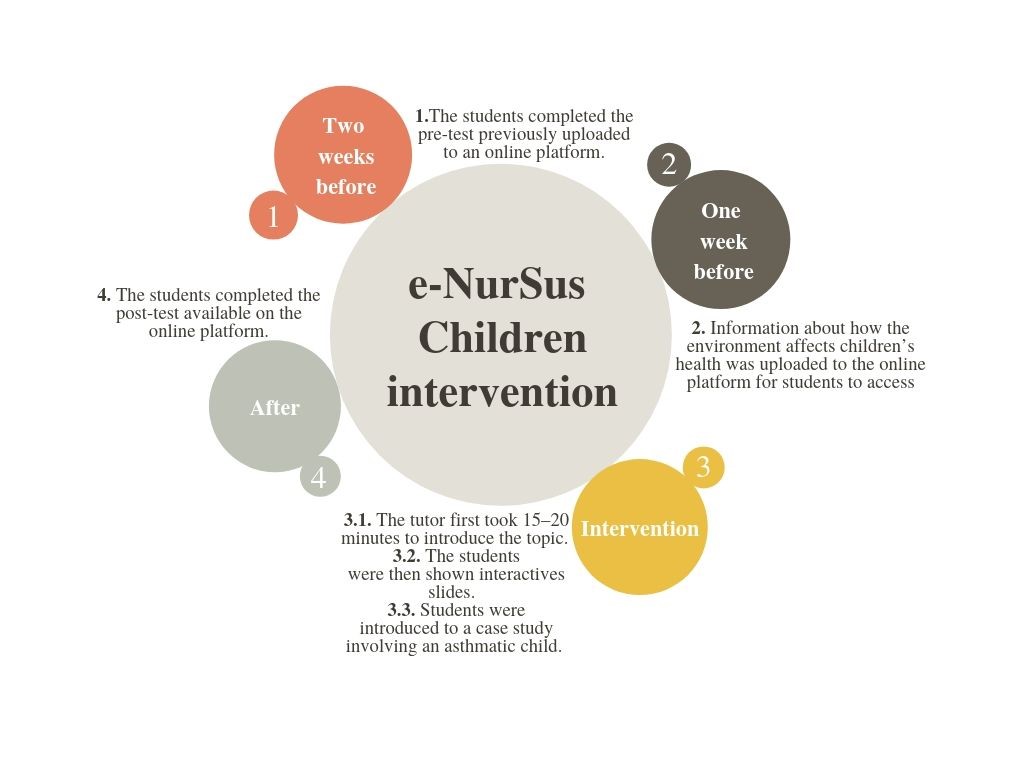Scientific evidence has shown that the environment poses a great risk to health. The climate is changing, including the intensity and frequency of extreme weather events, such as floods, heat, or cold, changes in rainfall causing either drought or torrential rains, rising sea levels, ocean acidification, worsening air quality, and longer pollen seasons.
The paediatric population is the most vulnerable to exposure to environmental risk factors. Physical, chemical, and biological environmental hazards are responsible for 26% of all deaths in children under the age of five years, nearly 1.5 million deaths worldwide.
Health professionals have an important role to play in understanding and communicating environmental-health-related issues to children and their families. It is recommended that nurses are highly educated in children’s environmental health in order to prevent and treat conditions that have been caused by environmental issues.
Some CuidSalud researchers has developed the e-NurSus Children intervention in order to improve the student nurses’ attitudes, knowledge, and skills in children´s environmental health.

The intervention was carry out with 110 nursing students in Spain and 157 nursing students in the United Kingdom. The attitudes (15.81%), knowledge (39.02%), and skills (29.98%) of nursing students improved following the e-NurSus Children intervention.
Therefore, it can be said that the e-NurSus Children intervention is an effective tool to educate nurses in children environmental health. The protocol for developing this intervention can be found in: Álvarez-García C, Álvarez-Nieto C, Kelsey J, Carter, R, Sanz-Martos S, Puente-Fernández D, et al. Effectiveness of the e-NurSus Children Intervention in the Training of Nursing Students. Int J Environ Res Public Health. 2019;16(21):4288.


